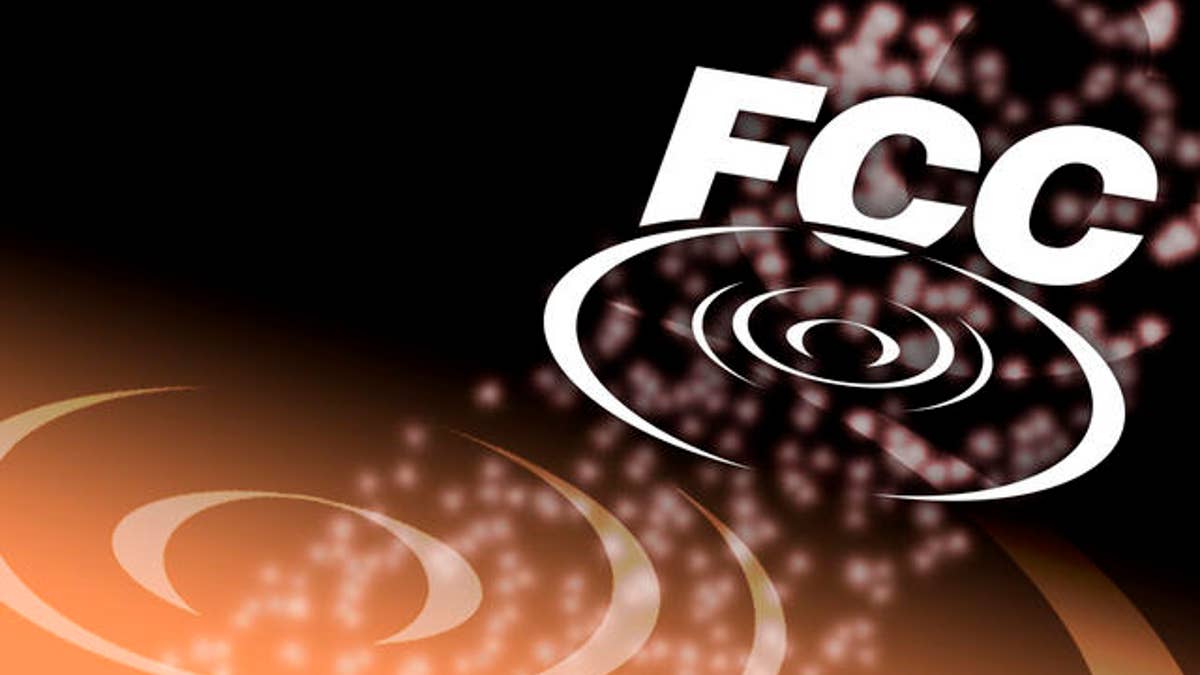
FILE -- A Friday, March 12, 2010 file photo shows FCC Chairman Julius Genachowski in his office in Washington. FCC Chairman Julius Genachowski, has proposed to define broadband access as a telecommunications service subject to "common carrier" obligations to treat all traffic equally. (AP Photo/Jacquelyn Martin/file) (AP)
After some delay, the Obama administration has filed its appeal to the Supreme Court asking the justices to review a lower court decision striking down the Federal Communications Commission's ability to enforce a broadcast decency regulation prohibiting so-called "fleeting expletives" from the nation's airwaves.
If the justices take the case, it will be the second time they hear arguments in the matter. In 2009, the court determined that the FCC had the authority to issue such a regulation but didn't pass judgment on the merits of the rule.
The case started with the live broadcasts of the 2002 and 2003 Billboard Music Awards on Fox television that produced "fleeting expletives" from Cher and Nicole Ritchie. The offending words f***, s*** and f***ers were not censored and produced complaints to the FCC that young children had been exposed to the foul language during the so-called "family hour."
Those complaints eventually led the FCC to admonish Fox, but it did not levy a fine. Fox, joined by other networks, appealed the FCC's ruling. Last summer, the Second Circuit U.S. Court of Appeals ruled against the FCC saying its rule was too vague.
After asking for several extensions to file an appeal, acting Solicitor General Neal Katyal told the court the FCC's regulation, first implemented during the Bush administration, must be preserved. Katyal said if the lower court ruling remains in effect it would leave "the FCC with no effective means to implement its longstanding statutory authority over indecent broadcasting."
The government's petition also asks the high court to consolidate the appeal with another indecency case stemming from a 2003 broadcast of ABC's "NYPD Blue" that showed a naked woman. Katyal argues that without the policy the FCC would be forced to abandon its discretionary ability to determine indecent material and instead have to "implement hard-and-fast rules prohibiting certain words and images with no meaningful consideration of context."
Earlier this month, the Parents Television Council released a poll claiming that 75 percent of Americans feel there's too much sex, violence and profanity on television. "(The government's) appeal is a step in the right direction, but we urge the U.S. Supreme Court to consider the children and families who will be impacted if the broadcast decency law is dismantled," PTC President Tim Winter said in a statement Thursday.
In 2009, the court issued a narrow technical ruling in favor of the FCC and sent the case back to the Second Circuit for further review. It was the first broadcast indecency case in front of the court since 1978, when it issued its landmark Pacifica decision. That ruling affirmed the FCC's right to regulate the airwaves. It achieved notoriety because a station aired an unedited version of comedian George Carlin's popular "Dirty Words" monologue.
Justice Thomas joined the 2009 decision but wrote a separate opinion to cast doubt on what he called the "questionable viability" of the Pacifica ruling and another high court precedent.
"(They) were unconvincing when they were issued, and the passage of time has only increased doubt regarding their continued validity," Thomas wrote.
A decision on whether the court will take the case will likely have to wait until the justices return from their summer recess.
Note: Fox News Channel and FoxNews.com are owned and operated by News Corporation, as is FOX Broadcasting, the main respondent in this case.












































